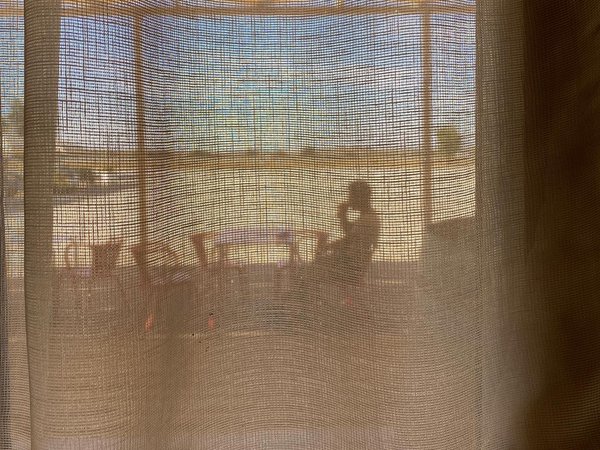Este evento já decorreu.

RÚSSIA: QUEBRAS E CONTINUIDADES IMPERIAIS
RÚSSIA: QUEBRAS E CONTINUIDADES IMPERIAIS
Curadoria: José Neves e Liliana Coutinho
Moderação: Giulia Strippoli
O domínio ou influência do Estado russo sobre os territórios que lhe fazem fronteira tem sido objeto de reflexão geopolítica aturada na atualidade. Nesta sessão debruçamo-nos de forma mais atenta sobre os processos históricos que, no curso do século XX, na URSS, estabeleceram continuidades ou permitiram modificações na história russa. Uma análise do desenvolvimento da política soviética, da Revolução de Outubro à queda do muro de Berlim, passando pela oposição soviética à Alemanha Nazi e pelo relacionamento com os Estados Unidos da América.
23 NOV 2022
QUA 18:30–20:00
Entrada gratuita*
*com levantamento de bilhete 30 min. antes do início da sessão (sujeito à lotação da sala).
Em inglês sem tradução.
Biografias
Yuri Slezkine is Professor of the Graduate School at the University of California, Berkeley, Senior Research Fellow at St. Edmund College, Oxford, and member of the American Academy of Arts and Sciences. He has been a fellow at the Hoover Institution, the International Institute at the University of Michigan, Center for Advanced Study in the Behavioral Sciences, John Simon Guggenheim Memorial Foundation, and Wissenschaftskolleg zu Berlin, and served as Distinguished Visiting Professor at Vassar College, Honorary Professor at the University of Nottingham, and Visiting Professor at the Ludwig-Maximilians University in Munich and Sciences Po in Paris. His books, Arctic Mirrors: Russia and the Small Peoples of the North (Cornell UP, 1994), The Jewish Century (Princeton UP, 2004), and The House of Government: A Saga of the Russian Revolution (Princeton UP, 2017), have received numerous awards and have been translated into many languages.
Jochen Hellbeck is Distinguished Professor of History at Rutgers University. His research over the past two decades has centered on individual life stories and the shaping of the self in modern Europe, with a primary focus on the Soviet Union, particularly seeking to understand the place and the self-understandings of individuals in the context of cataclysmic events of the 20th century: the Russian Revolution, Stalin’s terror regime, and the Second World War. In his earlier work, Jochen Hellbeck examined the ways in which narratives of redemptive violence and transformation that defined the Soviet project attached themselves to many individuals on the ground. It revealed how authors of diaries and other personal texts became co-authors of the revolutionary script as they sought to fashion their lives to become worthy participants of a world historical drama. More recently, he explored in comparative and transnational ways how the Soviet, German, and British states mobilized their citizens to fight during World War II. His book Stalingrad: The City that Defeated the Third Reich (2015), first published in German, is the first Western study to probe the meaning of the Battle of Stalingrad for the Soviet soldiers and civilians who defended the city in this pivotal moment of World War II. The website, Facing Stalingrad, features their portraits and voices. He is currently working on two book projects - a documentary reader and a monograph. “Soviet Suffering under Nazi Rule” explores the first testimonies provided by Soviet survivors and other witnesses in the immediate aftermath of German occupation. Entitled “Total War,” the monograph presents a new reading of the Second World War centering on the elephant in the room - the Soviet Union.
Apoio






Instituto de História Contemporânea, Faculdade de Ciências Sociais e Humanas da Universidade NOVA de Lisboa / IN2PAST – Laboratório Associado para a Investigação e Inovação em Património, Artes, Sustentabilidade e Território.
IHC – NOVA FCSH / IN2PAST – O IHC é financiado por fundos nacionais através da FCT – Fundação para a Ciência e a Tecnologia, I.P., no âmbito dos projectos UIDB/04209/2020 e UIDP/04209/2020.















